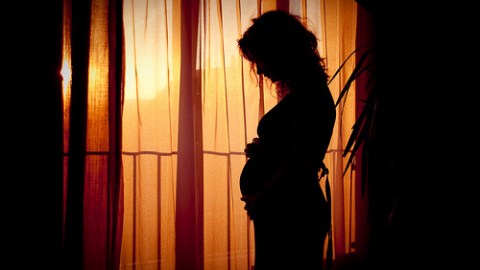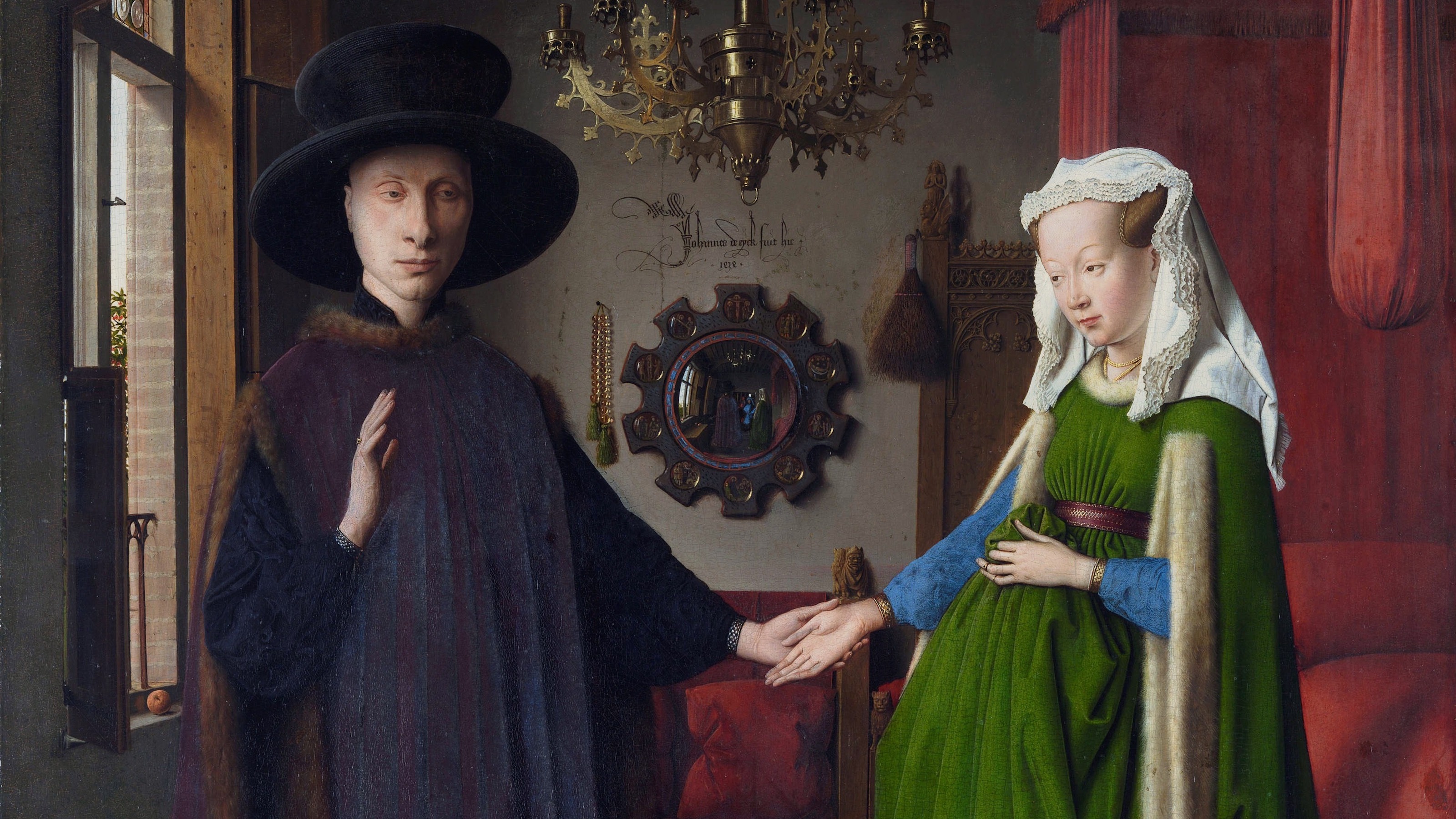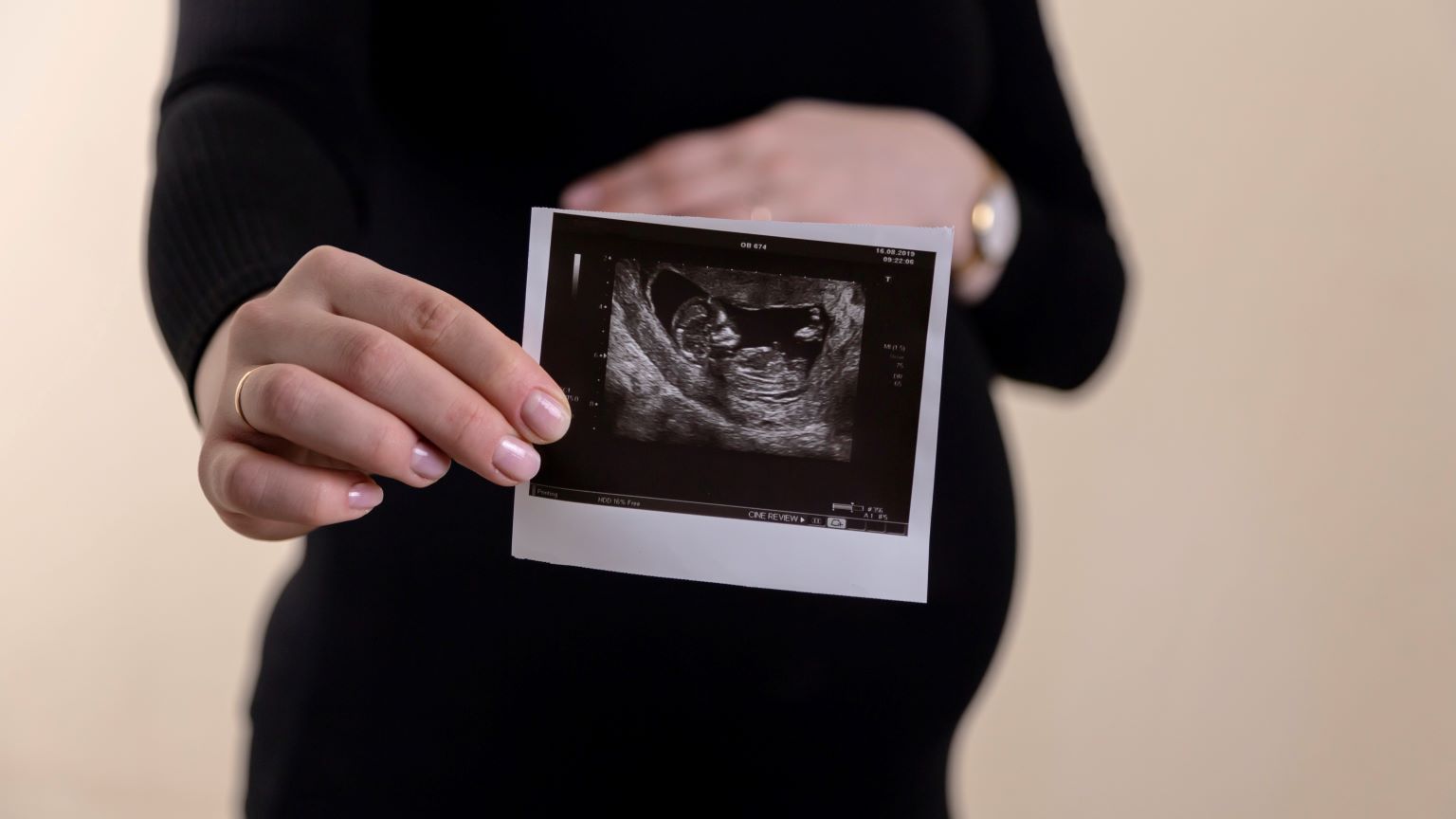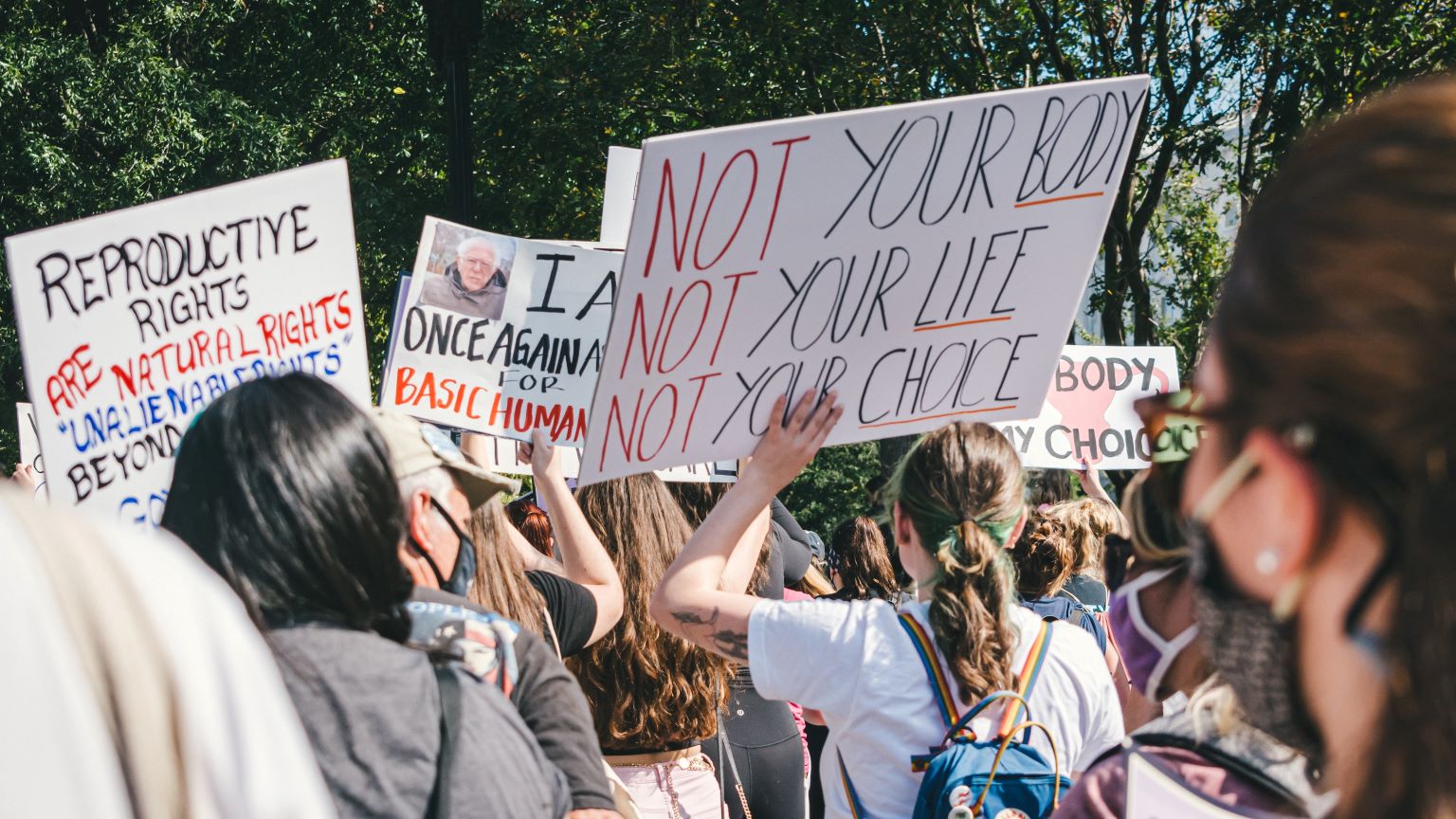Rethinking Birth, Death, and Everything in Between

Should abortion be permitted until the fetus’s birth? Bioethicist Jacob Appel believes so, arguing that any other guideline is too arbitrary to be legally justifiable, or enforceable. Indeed, his actual “philosophical drawing line” would lie somewhere after birth—though he concedes that in practice “we couldn’t live in a world” where this policy existed. Provocative yet matter-of-fact, Appel wades into the moral issues surrounding not only abortion but also infanticide, fetal organ trading, euthanasia, and numerous other medical controversies in his Big Think interview this week.
Acknowledging that concepts such as life and personhood are politically sensitive but philosophically difficult to pin down, Appel believes we should “grant great latitude”to mothers who commit infanticide due to post-partum depression, “treat[ing] them with kindness as someone who suffers from illness.” At the other end of life’s spectrum, he defends a patient’s right to choose physician-assisted suicide but supports euthanasia only “very sparingly,” as in cases of permanent paralysis without communication.
In the latter half of the interview, Appel fields questions as an award-winning fiction writer whose career has nevertheless known its share of obstacles: he claims to have received over 20,000 rejections. Asked how to survive that much discouraging feedback, he advises that the trick is to get your work past “the intern or college student first reading your work,” recalling that he himself, in his clueless intern days, once hung up on the poet Allen Ginsberg.





